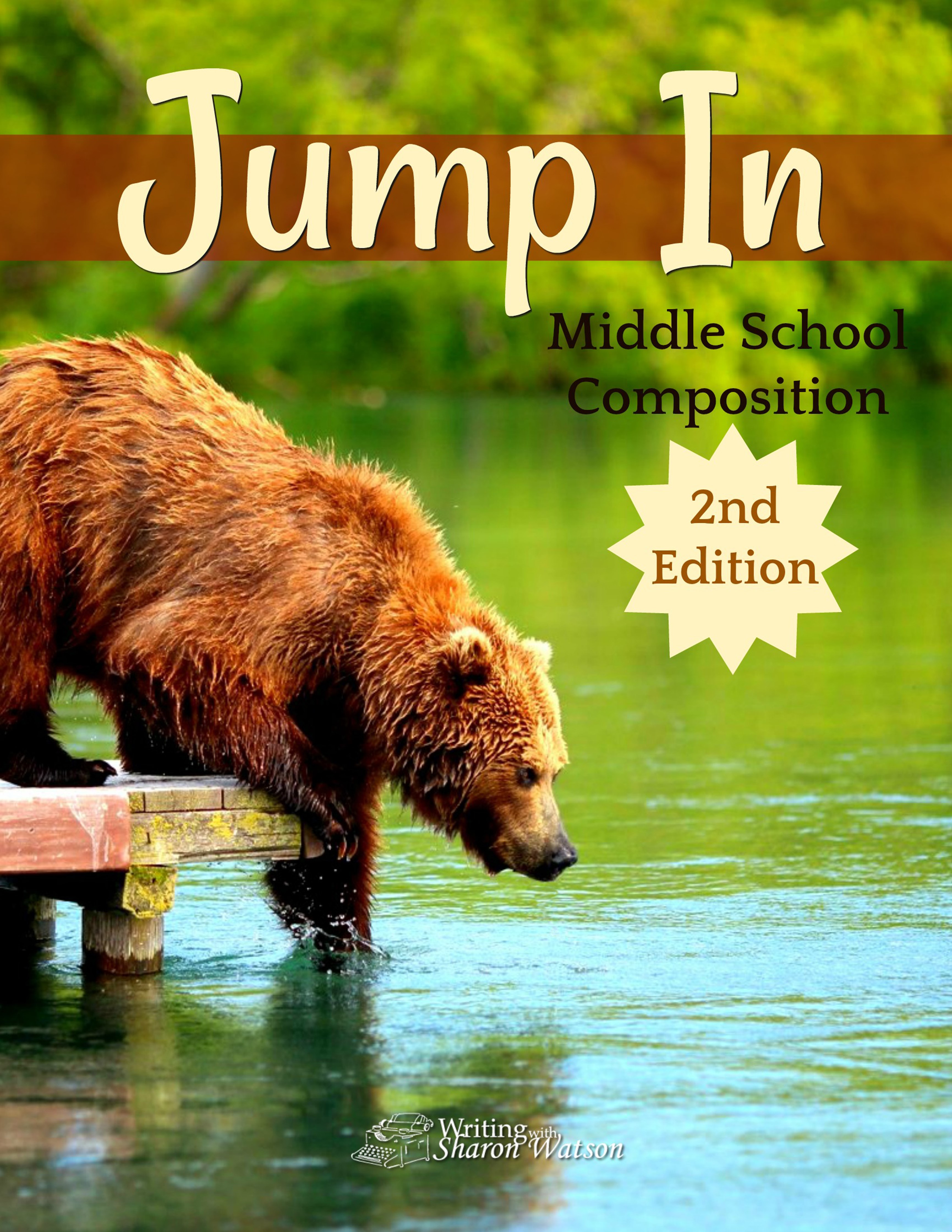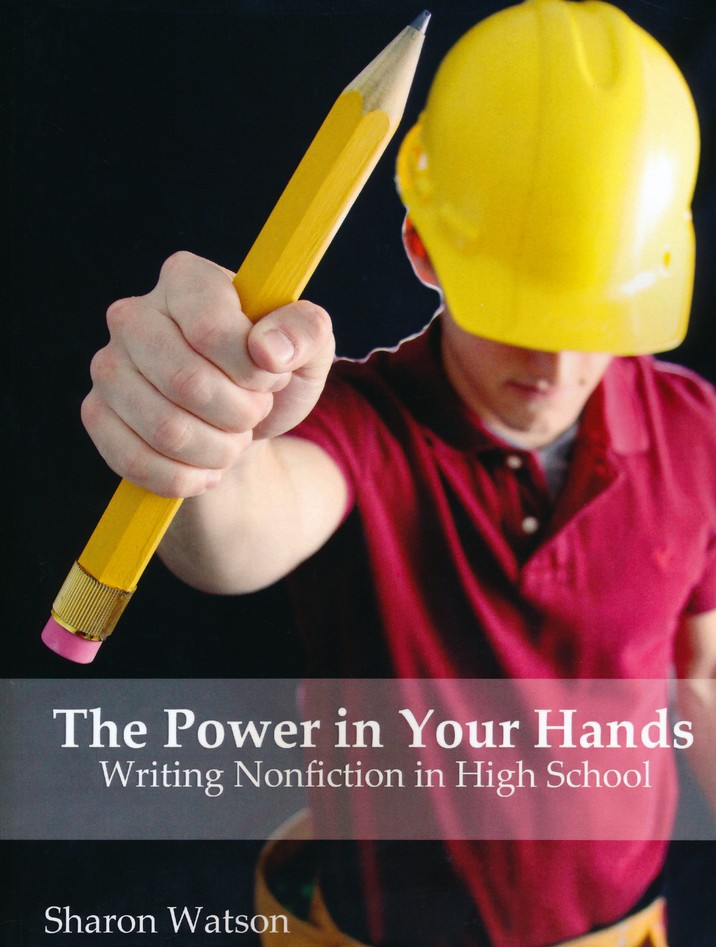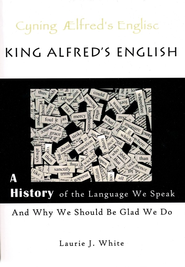Would any of your sentences ever sell for $1.56 million? That’s what happened recently with Albert Einstein’s one-sentence “Theory of Happiness.”
The story, according to USA TODAY, is that Einstein was visiting Japan to receive his Nobel Prize in physics in 1922 when he did not have enough money to tip a messenger. What did he do?
He wrote down one sentence and signed it, saying that it would be worth a lot of money someday. Looks like he was right!
Here’s his “Theory of Happiness,” translated from German:
“A calm and modest life brings more happiness than
the pursuit of success combined with constant restlessness.”
Notice how balanced this sentence is. It begins with “calm” and ends with “constant restlessness.” Its “modest life” contrasts with what many think will bring them happiness: “the pursuit of success.”
This sentence is called a chiasmus in which the second half mirrors or reverses the first half. The reversal can be in how the sentence is built (syntax) or in meaning.
Now it’s your turn: Do you agree with Einstein’s theory of happiness? Agree or disagree and then explain why.
Or write your own theory of happiness in one balanced sentence. Use his template, like this:
_______________________________ brings more happiness than ______________________.
Happiness to you!
Yours for more vibrant writing,

Looking for other prompts on happiness? Try this one. >>
Here’s one on the importance of defining terms. >>
Your teens will engage with this bundle of prompts on perfection. >>
And just for the fun of it, here’s a collection of 9 tutorials dealing with word choice. >>












